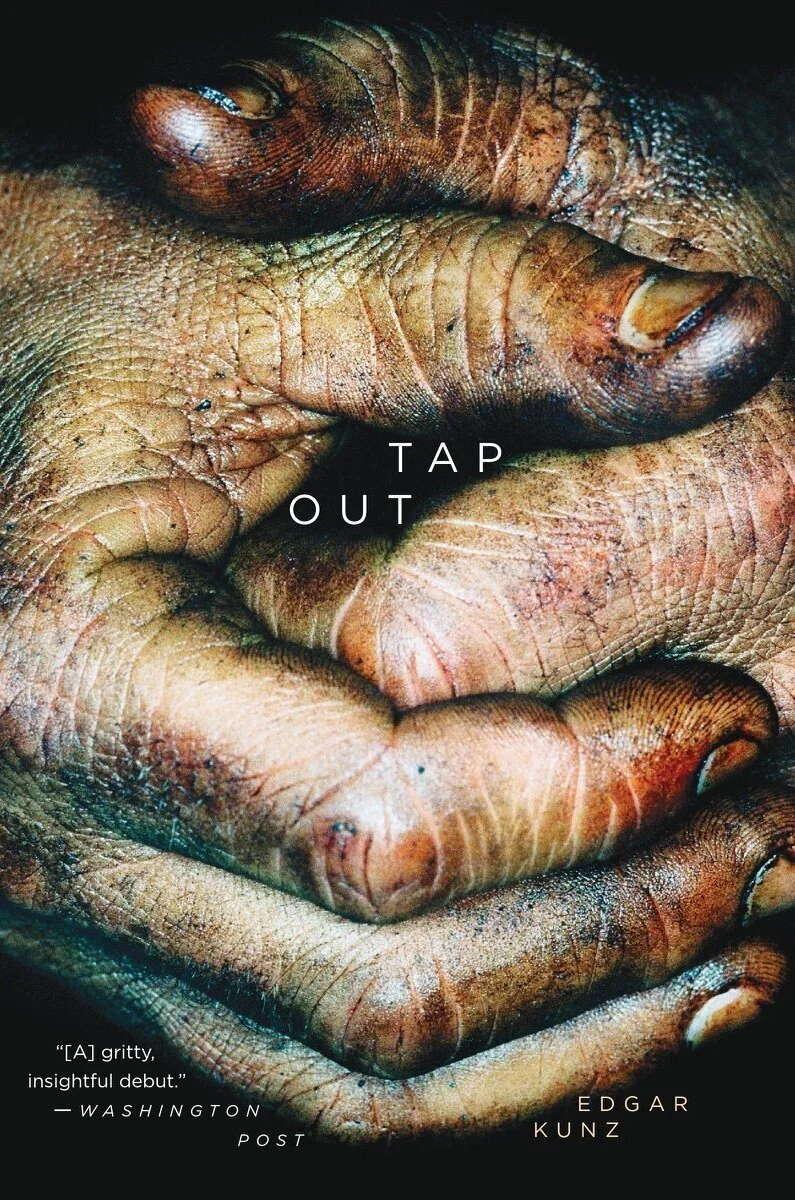Edgar Kunz is the author of two poetry collections, most recently Fixer (Ecco, 2023), which the New York Times called, “haunting,” and Tap Out (Mariner, 2019), a New York Times New & Noteworthy Pick that was described by The Washington Post as a “gritty, insightful debut.” He has been a National Endowment for the Arts Fellow, a MacDowell Fellow, and a Wallace Stegner Fellow at Stanford University. His work appears in The New Yorker, The Atlantic, Poetry, and American Poetry Review.
In an interview with The Adroit Journal about his first book, Tap Out, Kunz discussed what he was writing towards in these poems: “I hope the book is insisting on the dignity of every person, resisting the flattening out. I mean, we’re living in the age of social media. If you’re not actively doing the work to get your brain back into the mode of thinking about the relationships between things as complex, then it’s easy to just skate across the surface of your life. That puts us in a really precarious position as a culture. So I hope the poems are insisting that every human being is complex, that every situation might be more complicated than we think at first. Even our own emotional realities. If you do a little bit of digging, what’s actually happening isn’t only what's most apparent.”
Kunz grew up in New England, He received his MFA from Vanderbilt University. He lives in Baltimore and teaches at Goucher College.




